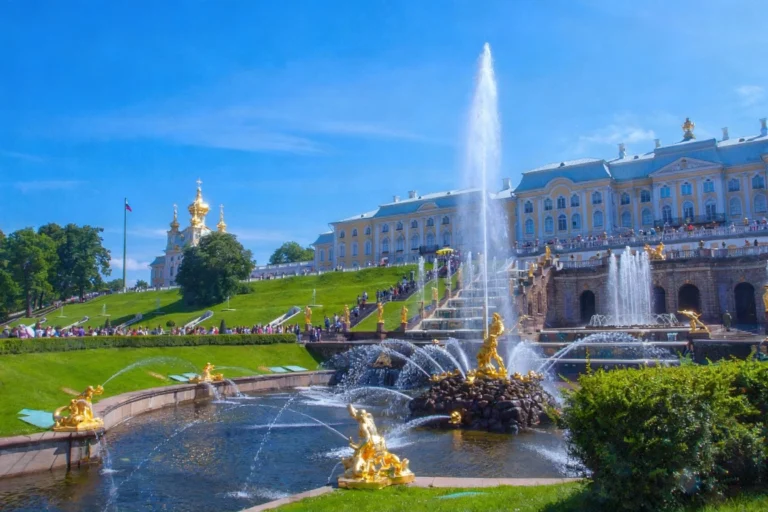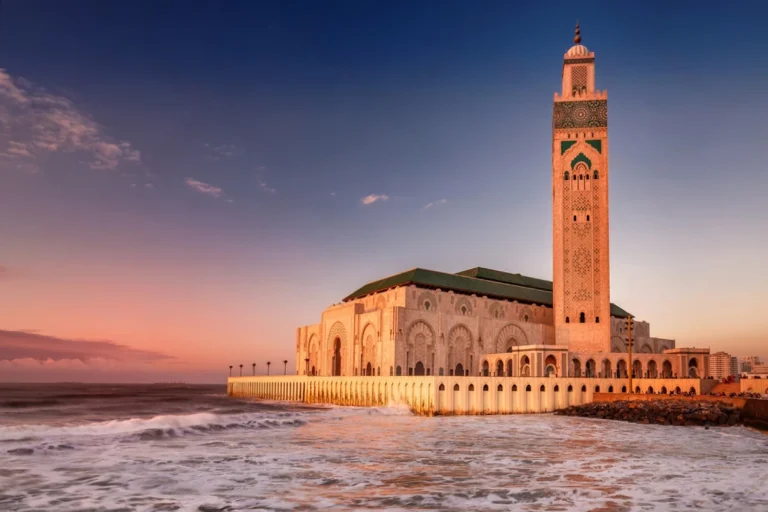Portugal: 30 Strange and Beautiful Truths You Won’t Find in Guides
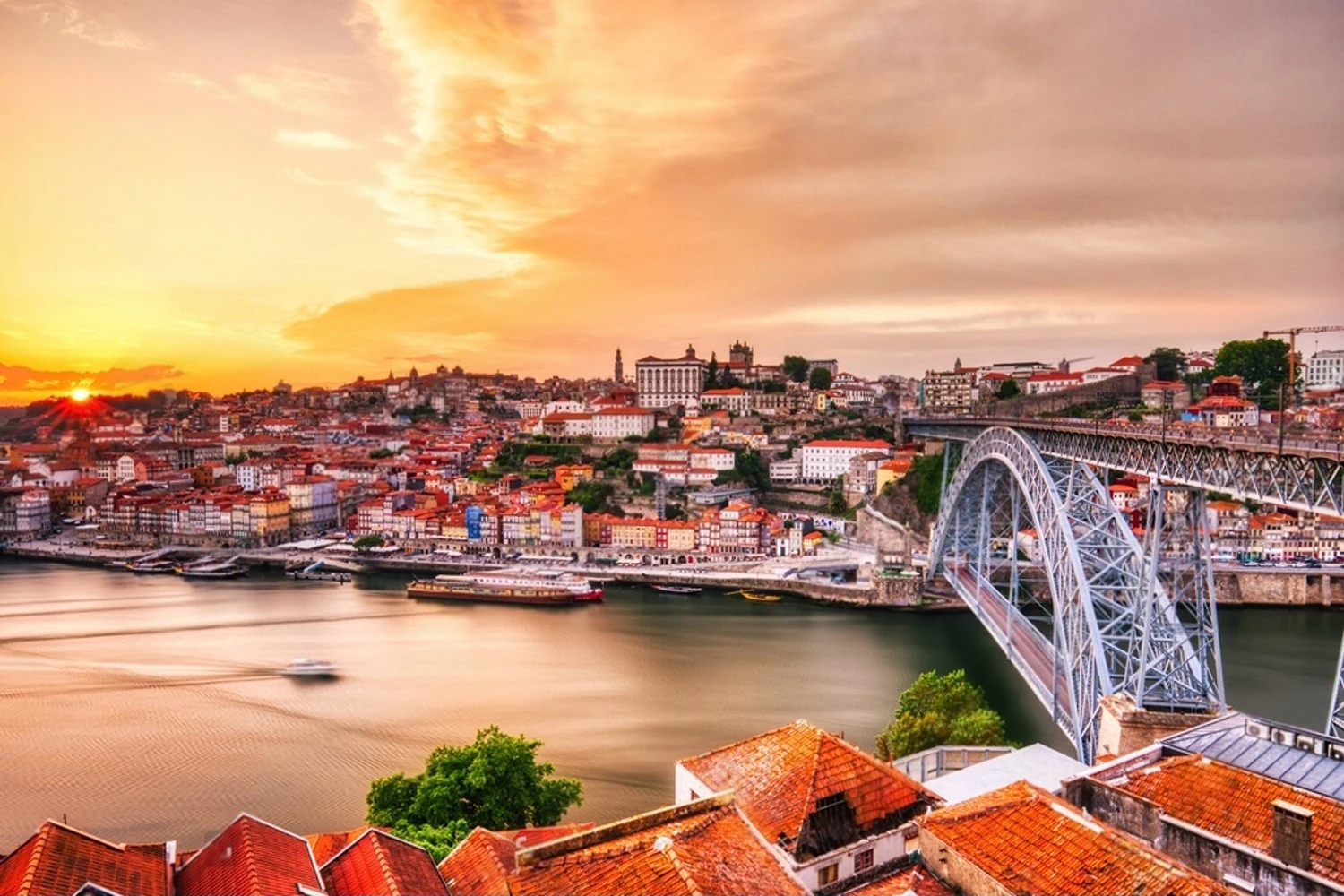
Some places don’t shout their stories; they murmur them in doorways and along the water. In Portugal, I kept catching them in the salt on the breeze, the clink of cups, the warmth of sunlit stone under my hand. This is a wander through the quiet corners, like lifting a linen curtain to let in morning light, where small, overlooked details start to gather and glow. Come notice the pauses between footsteps and the traces left by everyday hands, and feel how the deeper spirit reveals itself when we lean in and listen.
Espresso on streets older than the Magna Carta
It hits you somewhere between sips: the porcelain warm in your hand, the espresso a little smoky, and the cobblestones underfoot mapped out before anyone dreamt up the Magna Carta. Suddenly the chatter of a café sounds softer, the tram bell more tender, the blue tiles catching light like quiet sparks. The streets feel stitched with memory, and your tiny coffee somehow tastes bigger than the morning.
What moves me is the calm of it how a place can hold its shape for centuries, borders barely budging since the 1200s, and still welcome you as if you’ve always belonged. Once, in Lisbon, I watched laundry sway over a narrow lane and felt that steadiness in my chest, the way a lighthouse never shifts, only keeps watch. It’s not about nostalgia; it’s the comfort of continuity, the sense that you’re part of a long, unbroken story, simply by standing there and letting the day settle around you.
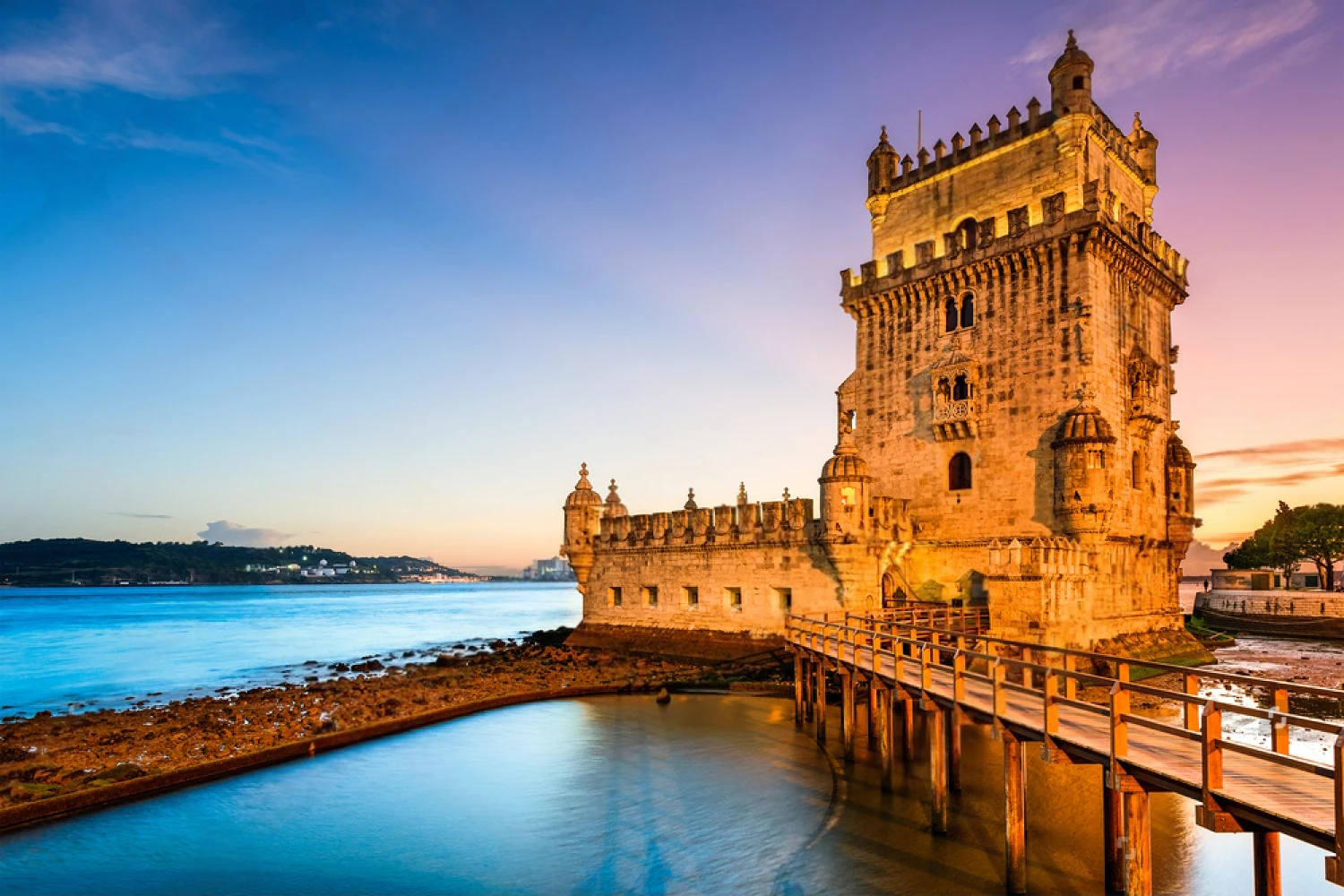
Lisbon older than Rome, secrets in Alfama's alleys
I remember when someone told me: this place is older than Rome. In Lisbon's Alfama, sunlight bounces off tiled walls, laundry flutters, and the air tastes faintly of salt and grilled sardines. The thought made me smile, then go quiet; suddenly the lanes felt like a family album laid open underfoot.
It’s not just a romantic rumor; archaeologists trace it back more than 3,000 years, to Phoenician settlements. Maybe that’s why the place invites you to walk slower and speak softer – not out of reverence, but because time here feels generous, layered rather than lost. Alley cats drift between doorways like punctuation marks, pausing where the best secrets are kept, and you realize the oldest stories are still being told in hushed corners.
The world’s oldest bookstore, open since 1732
Isn't it a little astonishing that a shop can outlast empires and fashions? At Bertrand’s in Lisbon, the doors have been opening to readers from the same spot since 1732, weathering earthquakes, revolutions, and now the blue glow of e books without losing its calm. Floorboards creak softly, the air smells of paper and polished wood, and lamplight settles gently over rows of timeworn spines.
I remember brushing a thumb along a faded cover and realizing how many storms this place has stood through an oak holding its ground while the world rushes past. In a time of screens, this room gathers stories like a warm hearth, inviting you to linger and listen. Maybe that's the quiet magic: the shelves don't just sell books; they keep time, letting us feel, for a few minutes, that continuity is still possible.
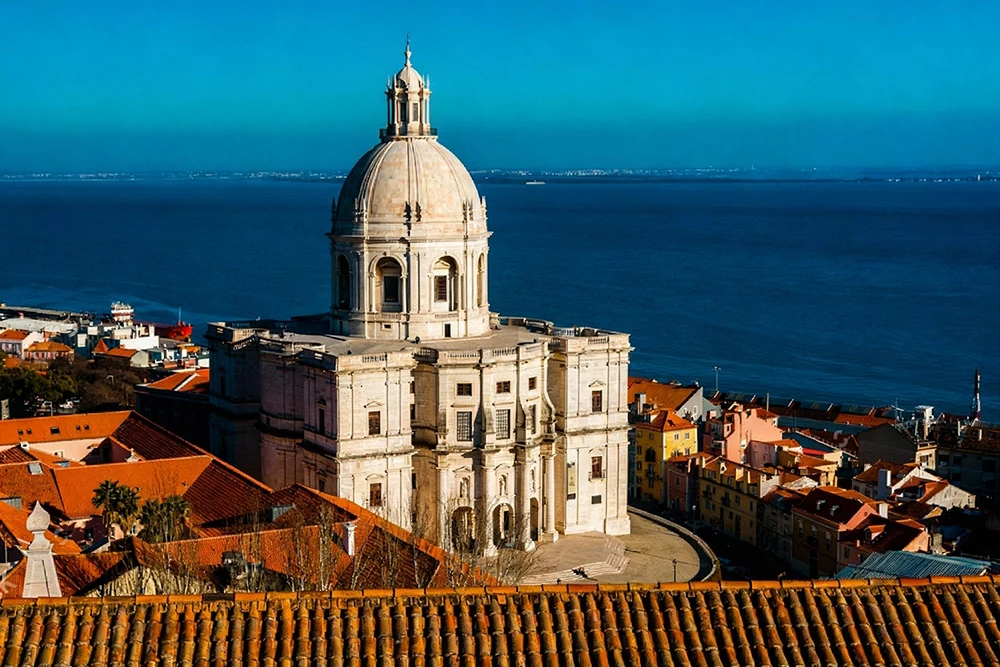
Where the ocean grows giants and surfers chase them
I still hear the boom in my chest, the kind that silences a whole pier. Salt hung in the air, spray stung my cheeks, and gulls wheeled over the water. There’s a hush that falls just before each set, like everyone’s lungs pause at once.
In Nazaré, a tiny fishing village, the sea rises to heights that seem unreal, and people fly in from everywhere to meet it. Locals still talk about the day American Garrett McNamara rode a 24-meter wave; every surf season the conversations circle back to “the big one” with the same mix of awe and gossip.
What surprised me most wasn’t only the size, but the feeling around it the smell of wet rope and diesel, the proud, worried glances shared over coffee. It made me think small places can hold enormous stories, and the whole town seems to lean toward the horizon as if listening.
Portugal’s calçada turns sidewalks into living art
I didn’t expect a sidewalk to hush me, but one bright afternoon I looked down and the ground unfurled into black and white patterns. In Lisbon, the calçada curls into waves and stars, small stories set in stone, and the pale limestone seems to hold the light the way a shallow tide holds the sky.
What stays with me is the gentleness of it: even humble crosswalks are shaped from these tiny cubes, set by patient hands. Your shoes make a soft click against the edges, and after rain the whole street gleams, as if polished by memory.
I remember thinking how tender it is to place beauty right where it will be scuffed by everyday life. It feels like the spirit of this place craft turned into kindness, patience laid pebble by pebble so that every block becomes a quiet reminder to walk slower, look down, and let ordinary ground feel a little bit like a gift.
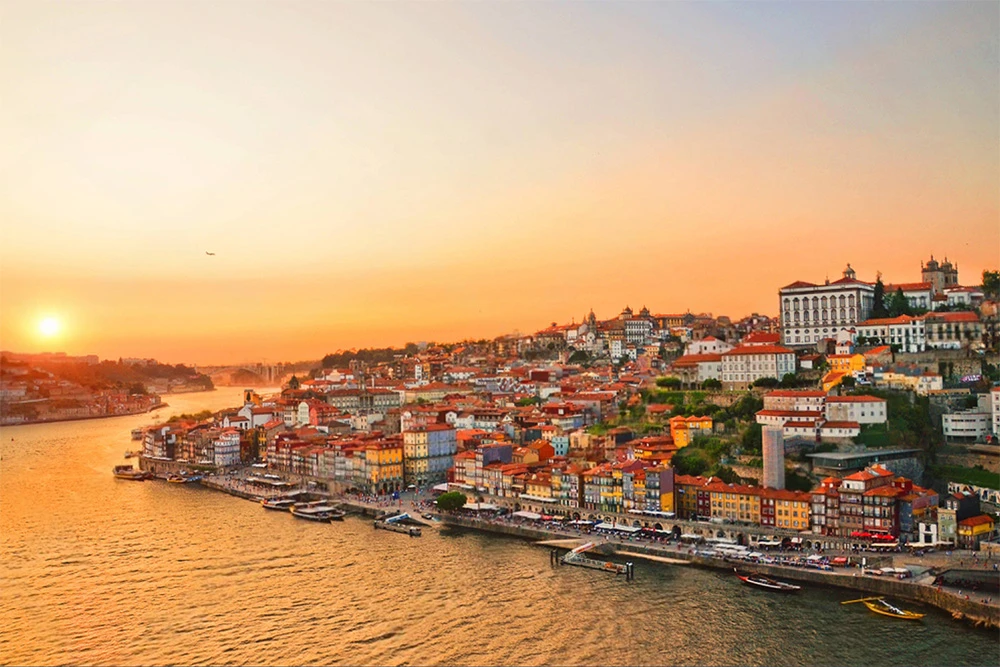
Custard born of chores, chance, and a clever fix
It still makes me smile that the pastel de nata began with laundry. Monks once whisked egg whites into starch for stiff, perfect linens, and the forgotten yolks became their little act of rebellion: baked into creamy custard and tucked inside blistered, flaky pastry. Break the shell of that crust and it crackles, warm custard blooming like a small sun, cinnamon drifting up, sugar clinging to your lips.
In Lisbon, the story feels like the city itself resourceful, a bit mischievous, finding delight in what’s left behind. I remember tasting one and thinking how tender it is when a chore gone wrong turns into a daily comfort, a love song to thrift that everyone can hum. Maybe that’s why they’re so beloved: each bite whispers that even our mess ups can end sweetly, if we’re willing to share them.
Europe’s longest bridge vanishes into Atlantic morning mist
I remember a morning when the air smelled of salt and wet stone, and the span ahead simply melted from view. The Atlantic fog curled over the rails until it felt like a road to nowhere, the pylons thinning and then disappearing, gulls sounding small above the grey water. It was quiet in that damp light, the kind of quiet that makes you notice your own breath.
What gets me is how something so sure of itself Europe’s longest bridge, more than 12 kilometers can suddenly vanish like a sentence that runs out of ink. It feels very Lisbon: a calm faith in horizons, a soft invitation to keep going even when the end is hidden. Standing there, I felt the sweetness of beginnings, the hush between shores where doubt turns into a kind of courage.
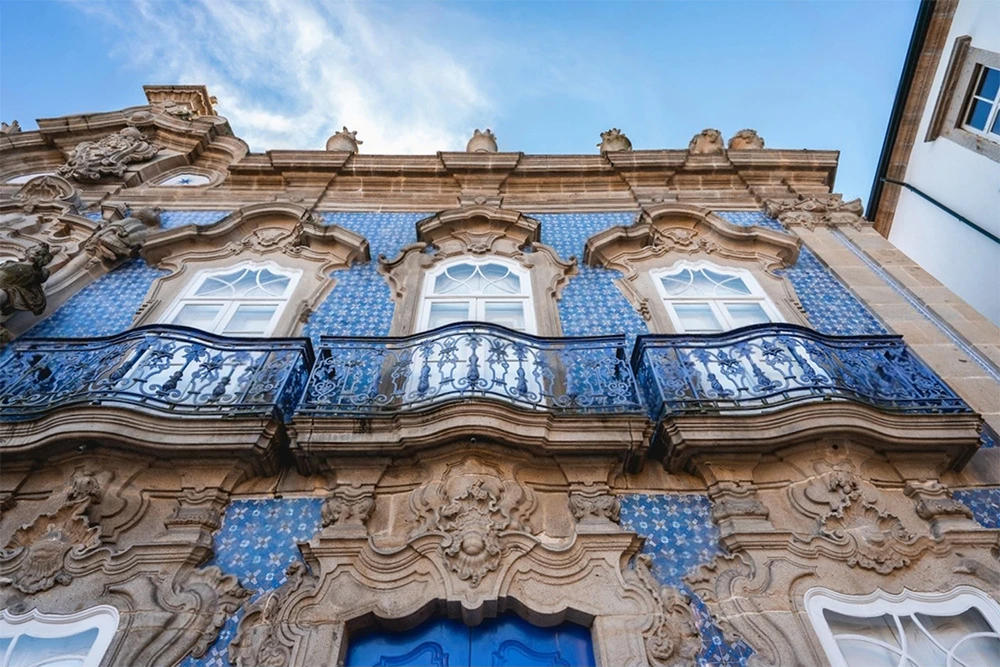
Portugal’s hidden eye in a mountain lake
I didn’t expect a perfect circle to open in the lake. One moment it was calm, the next a dark, round opening appeared, a portal that seems to lead straight into the earth’s quiet. They call it the Eye of Portugal, but the name feels small when you finally see Covão dos Conchos, rimmed with moss and the thin, crisp mountain air.
What surprised me most was the blend of intention and wildness. It’s an old spillway, engineered and precise, yet everything around it the wind skimming the surface, granite smelling of rain, the hush of pine makes the place feel mysterious. I remember feeling happily unsettled, the way you feel when something beautiful refuses to explain itself all at once.
The way in is unhurried, a lakeside path through clean light and damp earth, and somewhere along it your breathing falls into a quieter rhythm. By the time you arrive, you’re already softer, ready for silence. That’s the charm: a place that looks extreme but leaves you calm, a reminder that wonder can be both startling and deeply kind.
A country named after a harbor and wine
I love how some names instantly bring back the smell of salt and damp stone. The country took its own from an old harbor once called Portus Cale; sometimes it feels like the word Portugal simply rolled in on the tide, with gulls calling over river fog. There’s something tender in that, like a place choosing a name that already knew its currents and its shores.
From that harbor came the city we know as Porto, and the fortified wine that wandered farther than any ship. I remember a small glass that smelled of plum skins and warm walnuts, slow and velvety on the tongue like holding a pocket of sunset. It’s beautiful, really, how a country can be named by a port and flavored by it too, as if geography and taste agreed on the same story.
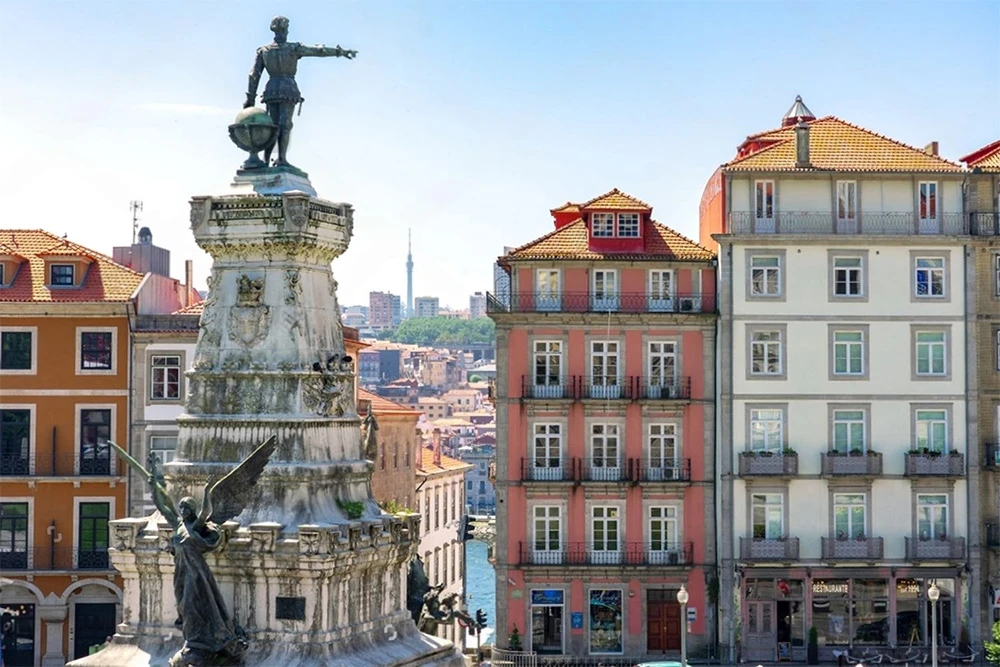
A queen crowned after death, love defying reason
I still get chills thinking about a king who crowned his love after she was gone. Pedro I had Inês de Castro exhumed and made the court swear allegiance to her cold remains – not a fireside legend, but a hard truth in Portugal’s past. It’s unsettling and tender in the same breath, the kind of devotion that turns grief into a crown.
In Coimbra, their story is everywhere: statues with downcast eyes, hushed cloisters, and the river moving slowly at dusk. I remember the faint mineral smell of damp stone and a guide’s voice dropping to a whisper when her name surfaced, as if a louder tone would be unkind. What stays with me is how the city holds love and sorrow side by side, letting you feel both at once, and reminding you that some vows endure even when life insists they shouldn’t.
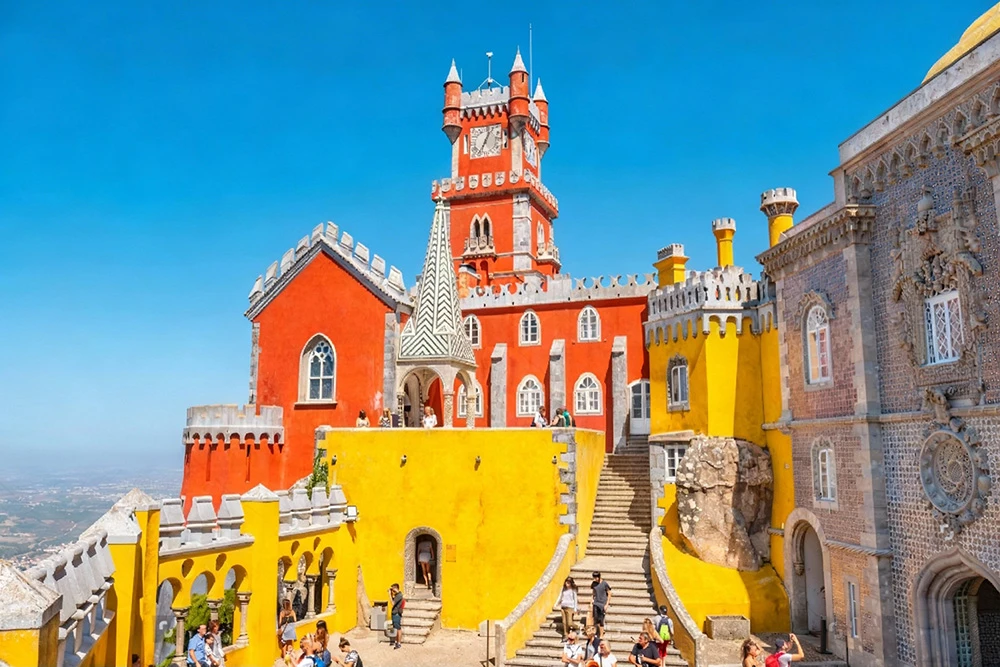
A language of batter and borrowed bread
I still grin when someone asks for pan at a bakery the sound feels soft and familiar. Long ago, the first Europeans to reach Japan were Portuguese, and they left more than charts and crosses; their presence lingers in warm loaves and everyday speech. I like to imagine some old baker, hands dusted white, smiling to hear his word still alive.
Tempura tells the same story in another tongue: batter hissing as it meets hot oil, vegetables and shrimp lifting out crisp and pale, light as a paper lantern. What surprises me most is how borrowed bits become beloved, folded into routine so gently you forget they ever came from far away. Every crunch and every small “pan, please” feels like proof that travel changes us in small, tender ways.
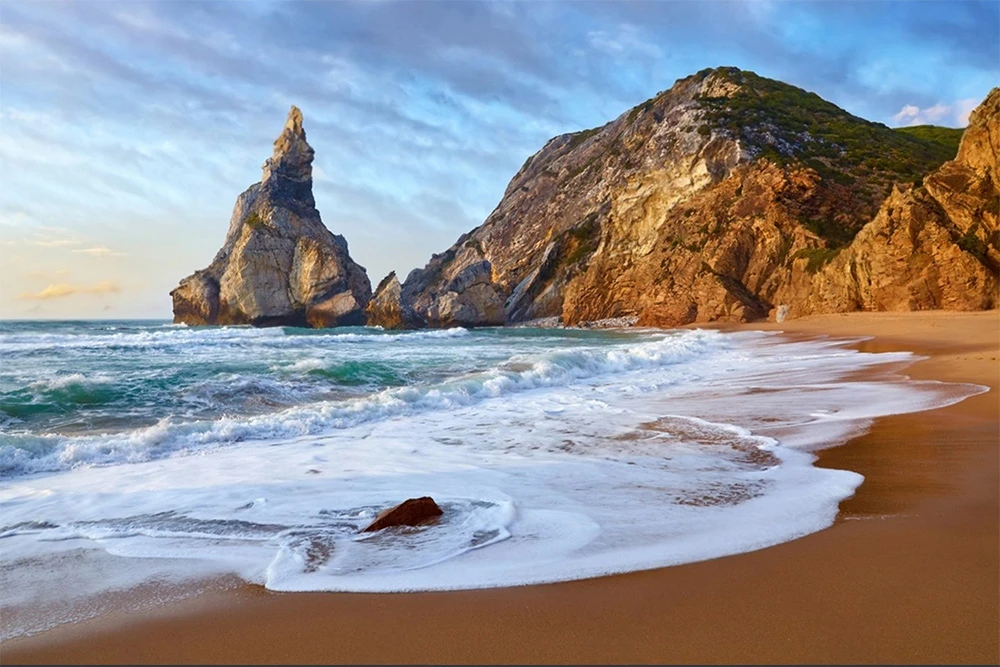
Portugal quietly seals the world’s wine with cork.
That soft pop at dinner always makes me smile; someone once whispered that the sound is Portuguese. It still surprises me that more than half of the planet’s cork is born here, and that so many bottles everywhere are stoppered by a small piece of this country’s patience and pride.
Once, drifting through cork oak country near Évora, I ran my hand over a trunk wearing its timeworn jacket, warm from the sun and smelling faintly of earth and smoke. I remember the painted numbers, the slow years between harvests, and the easy way locals talk about cork as if it were a neighbor. It feels right that every gentle pop at a faraway table is a small bridge back to these quiet groves, a tiny tradition pressed into a wine stained evening.
Europe’s only tea plantation, wrapped in rare birdsong
I didn’t expect tea in Europe to taste like this softly grassy, a little salty at the edges, as if the ocean had been steeped too. Here on São Miguel in the Azores, sitting among rolling green hills stitched together like a quilt, my hands warmed around a simple cup, and I kept smiling at the thought that these were the continent’s only tea fields. The Atlantic mist made everything gentler, and time simply slowed down.
Somewhere in the hedges, birds sang clear, curious patterns notes I’d never heard anywhere else on the continent. I remember thinking how tender it is when a place keeps its own rhythm, inviting you to listen instead of hurry. A small cup, a green horizon, and that unexpected chorus; it reminded me that wonder still lives in the quietest sips.
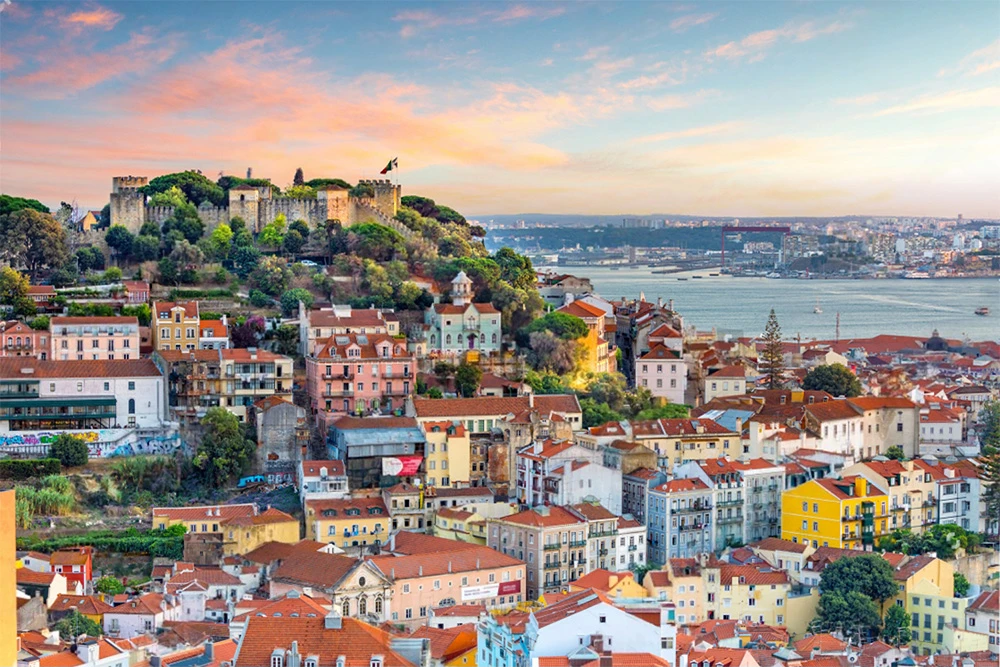
Six Hundred Eighty Six Steps, Then The Sky Opens
Some places test your breath just to show you theirs. Up an 18th century staircase, Lamego’s Santuário de Nossa Senhora dos Remédios reveals itself in 686 ornate steps, flanked by azulejos and stone saints. I remember the cobalt flicker of the tiles, the statues standing calm as bell chimes drifted through plane trees and the afternoon light turned the stone honey warm.
People talk about the climb like a rite of passage, and it feels true; somewhere around the middle landings, conversations soften, strangers trade small smiles, and time simply slows. Below, the town waits patiently, its red roofs set between vineyards, and you start to feel both smaller and more at peace.
At the top, the view beats any postcard because it carries the hush you earned along the way. Terraced vines trace the hills, tiled roofs gather in friendly clusters, and the air tastes cleaner, edged with pine and old stone. I left with that simple, steady gladness you can’t buy just the feeling that you truly belonged there for a moment.
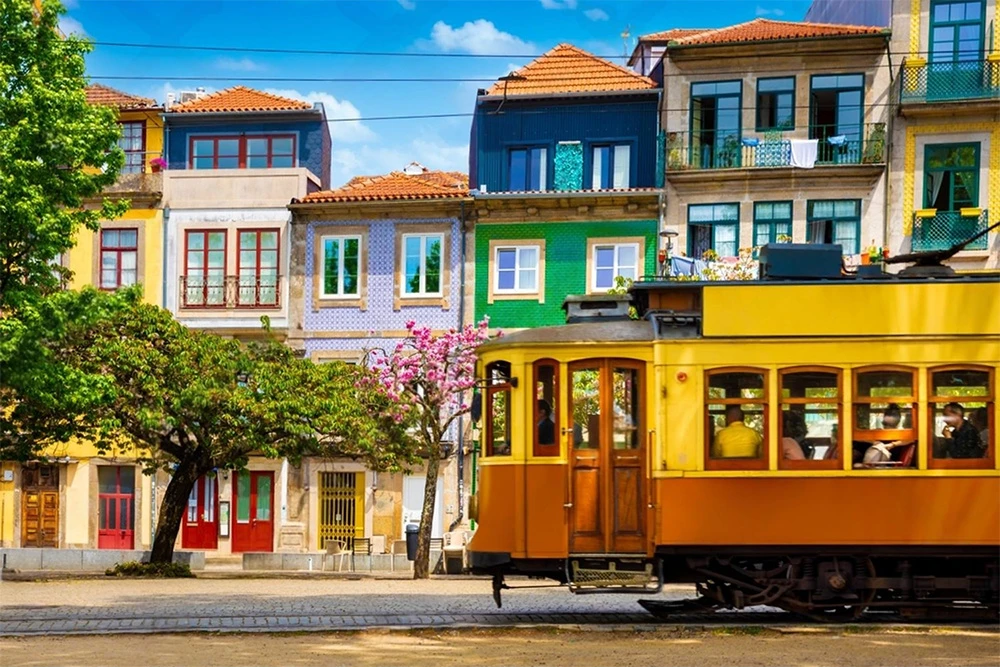
Midsummer mischief of hammers, lanterns, and fire
I didn’t expect to laugh while being gently whacked on the head by strangers. Those little plastic hammers squeaked like toy birds in the night, and the air carried the warm smoke of grilling sardines and the green snap of basil. For a moment the streets felt like a house party hosted by the moon, everyone grinning, everyone a little brighter than usual.
During Festa de São João, Porto lets loose in the best possible way: flame lit paper lanterns drift upward like tiny suns, people leap over bonfires with a quick gulp of heat on their shins, and the whole city wobbles happily between reverence and rowdiness. It’s half ancient pagan heartbeat, half gleeful street circus, and somehow it holds together like a song everyone already knows the words to.
What stayed with me wasn’t the spectacle, but the tenderness inside the chaos. Those playful taps felt like a shy invitation to belong, a silly little blessing passed from stranger to stranger. I remember heading home with hair that smelled of smoke and basil, cheeks aching from smiling, and a heart that felt lighter like something in me had quietly lifted and joined the lanterns.
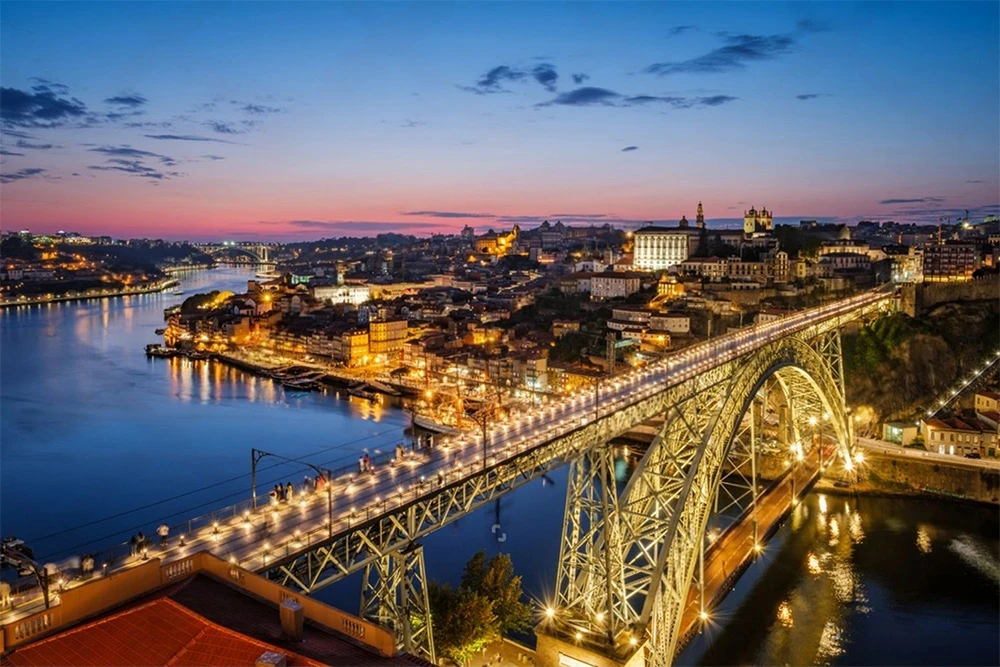
A serial killer’s skull rests in a jar
I remember the hush more than anything the way the room seemed to hold its breath. In the university’s old anatomical theatre, behind cool glass, sits the preserved skull of Diogo Alves, the 19th century killer who once terrified the streets. It’s small, almost ordinary, and that’s what sent a ripple up my arms: history not as a distant tale, but as a face that once was, a gaze that almost feels like it’s still looking back.
Lisbon can look like pure sunlight: tiles glittering, laundry flickering on balconies, that soft song of everyday life. But this jar reminds you the city wears both light and shadow like a shawl, and that its beauty is honest because it includes the darker notes. Standing there, I felt a strange mix of unease and tenderness goosebumps, yes, but also a quiet respect for a place that doesn’t hide what it has survived.
Fado: destiny whispered in candlelight and silence
I didn’t expect a single note to tighten my throat. In a small tavern lit by candles, the room fell into that hush where you hear glasses settle and old wood creak. Tradition asks for silence, a glass of wine, and a handkerchief for sudden tears. The singer’s voice unspooled like a dark ribbon, the guitarra shimmering close by. They call it fado – literally, destiny – and the word felt heavy and right.
In Lisbon it feels like eavesdropping on a thousand heartbreaks, though no one is performing pain; they’re simply telling it. Wax pools, red wine warms the hands, and someone passes a folded square of cloth without looking. What stays with me is the gentleness: sadness shared softly until destiny seems less about a path you can’t escape and more about the truth everyone in that room was brave enough to admit.
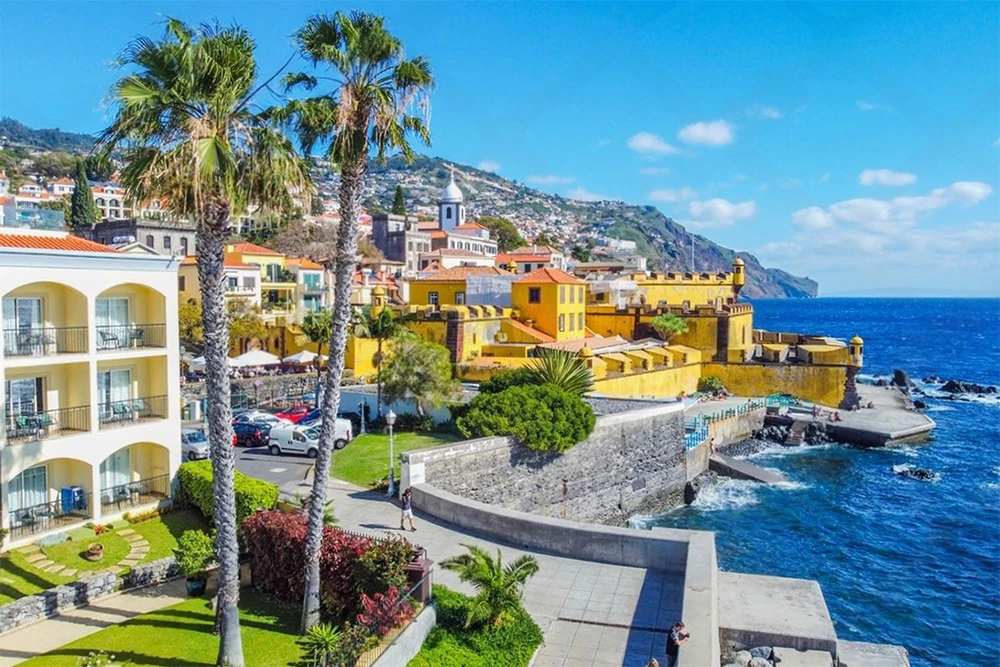
A slate village that blushes blue at dusk
At first the light slips quietly between the roofs, and then the wooden doors begin to glow soft, ocean blue lanterns against dark slate walls. The stones hold the day’s chill, the air smells faintly of woodsmoke, and footsteps make a gentle, hollow music on the lanes. Piódão feels like twilight has pulled on a shawl and decided to linger, as if the village prefers whispering to talking.
I remember touching the walls and feeling how steady they were, the kind of steadiness that comes from being made by patient hands. Those painted doors shine just enough to make the alleys feel kind, and it’s disarming Portugal doesn’t usually hand you a fairy tale in the mountains. Getting lost here feels like wandering into a story you didn’t know you still believed in, one that tells you to slow down and trust the turn right in front of you.
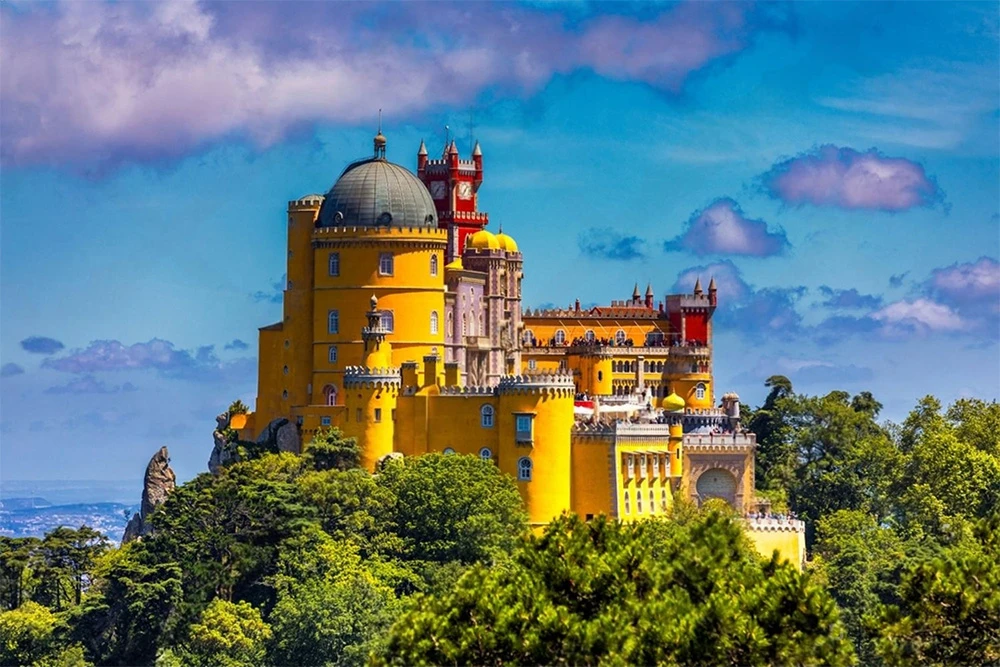
Eight men, one bull, mercy in the ring
I didn’t expect a bullfight to end with a breath instead of blood. In Évora, the dust lifted in the warm evening and the air smelled faintly of straw and sweat; the arena felt like a held breath. Portuguese bulls aren’t killed in the ring, not the Spanish finale you might imagine, and that tiny shift changed everything I felt about what was about to happen.
Then the forcados entered eight of them, barehanded, green caps, scuffed boots. They stood shoulder to shoulder, eyes steady, and when the bull charged they met it with arms and bodies, absorbing its fury until it slowed and stilled. The roar thinned into applause, a mix of relief and admiration, because what you saw wasn’t domination so much as nerve and trust, shared.
I remember thinking how deeply local it felt brave but communal, fierce yet careful with life. The spectacle is still wild, yes, but it carries a promise: mercy doesn’t weaken the moment; it deepens it, like rain softening earth so it can hold more. I left with a new respect for that quiet choice, and the way a crowd can exhale together when the story chooses to spare its hero.
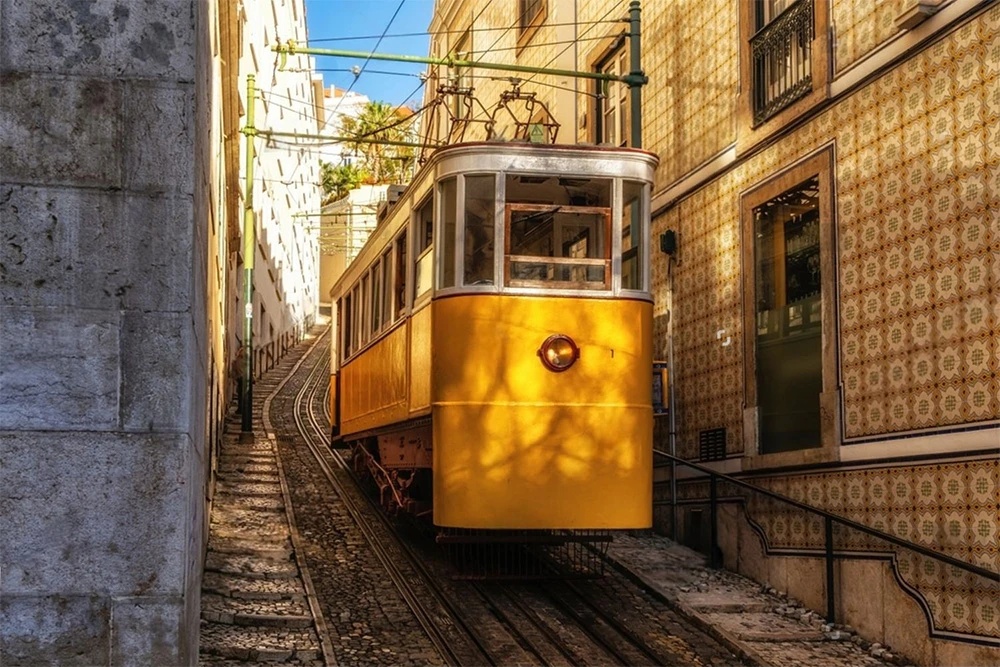
When coffee meets cherry, artists quietly sip history
I didn’t expect the night to taste like cherries and roasted coffee. Paint flecked hands curl around tiny cups, and the steam rises with a faint blush of ginjinha, that tart cherry liqueur that somehow belongs beside the bitter crema. In Porto it feels natural, like the city nodding to itself bittersweet, sturdy, warm against the damp air an old comfort tucked into a small sip.
They say the habit was born in the oldest bars, where bartenders learned to soften sharp mornings and mellow late nights, and the street artists kept the ritual alive. Once, while lingering by a wall of chipped blue tiles, I tried it and felt the room quiet for a moment; the mix tasted like a wink from the past. I remember thinking every place should have a flavor that explains it here, history doesn’t sit in museums, it warms your throat and brightens your eyes before the next brushstroke.
A cheeky festival with a tender old soul
I couldn’t stop grinning the first time I saw them: trays of shiny, unapologetically shaped pastries, sugar catching the light as if the streets themselves were blushing. The air smelled of warm yeast and anise, and there was this easy chorus of giggles grandmothers, teenagers, everyone threaded between the church bells and the clink of glasses. It felt like the town had let down its guard for the day, and the result was oddly sweet.
What began as a fertility nod to São Gonçalo, the matchmaking saint, has ripened into a celebration where love is blessed with laughter. Laughter spilled like confetti, and the bakers played along, handing over their creations with comic solemnity that made people laugh even harder. I remember a couple nudging each other, half embarrassed and half proud, as if they were carrying good luck disguised as dessert a wink from history wrapped in sugar.
In Amarante, you learn that affection doesn’t have to be hushed to be sincere; it can be cheeky and tender at once. Maybe that’s why the festival lingers in memory long after the glaze has stuck to your fingers: it’s a reminder that our rituals work best when they let the heart breathe, and make room for both reverence and a good, honest laugh.
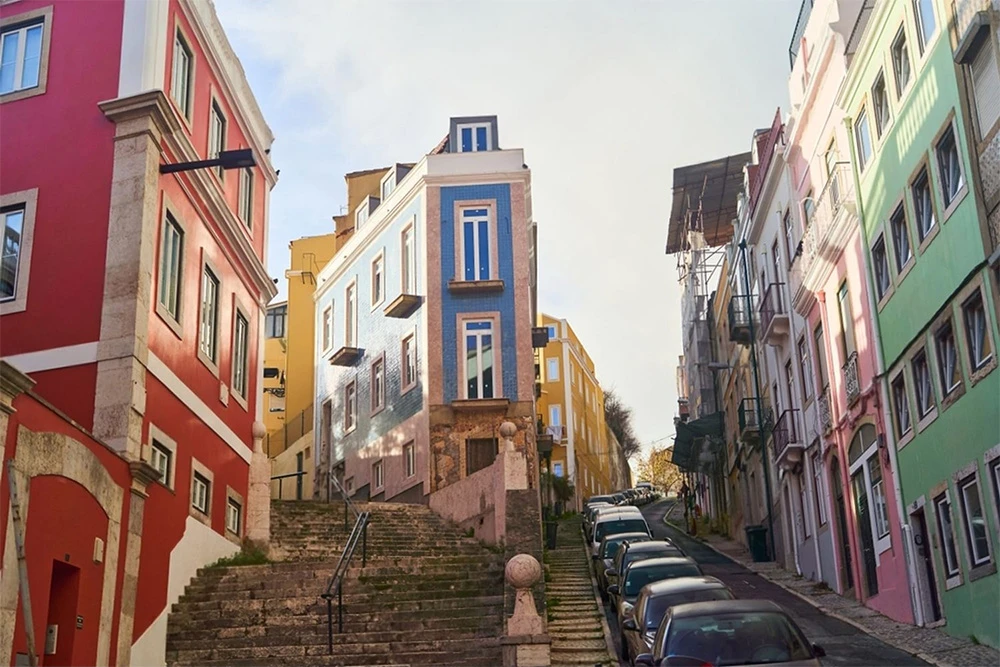
Candy colored stripes lining a lagoon for whimsical wandering.
I remember how the day softened when the stripes appeared red, green, and butter yellow stacked across wooden facades, a little chipped at the corners, like a box of seaside sweets left open to the sun. Salt lingers in the air with a touch of fresh paint and old wood; the lagoon barely moves, and the wind carries a light chill even on a warm afternoon.
What surprised me was how the cheerful colors don’t feel cute or staged; the peeling edges give them a kind of honesty. In Costa Nova, the houses line the water not to impress, but to live with it drying, fading, brightening again, season after season. I felt my pace loosen, as if the stripes were teaching me to breathe in rhythm with the tide, a small reminder that beauty can weather and still be joyful.
Catholic roots, yet early same sex marriage in 2010
It still makes me smile that in a place where morning air carries church bells and the smell of coffee, the law opened its arms to same sex marriage so early, back in 2010. In Portugal, that quiet mix of incense and sea breeze somehow makes room for both devotion and daring, as if the heart learned to hold two truths without tearing.
About nine in ten people here identify as Catholic, and yet love was given a legal home among the earliest in the world. I remember watching a grandmother trace a small cross as a tram rattled past, while two teenagers leaned into each other, unbothered and bright. It didn’t feel like contradiction; more like two threads in the same cloth tradition keeping rhythm while the future hums along.
What struck me most was how ordinary it felt, which is its own kind of miracle. It says something tender about this country: that faith can be confident enough to make space, and that progress doesn’t have to shout to be real. Here, the sacred and the everyday sit at the same table, and love quiet, steadfast gets to stay.
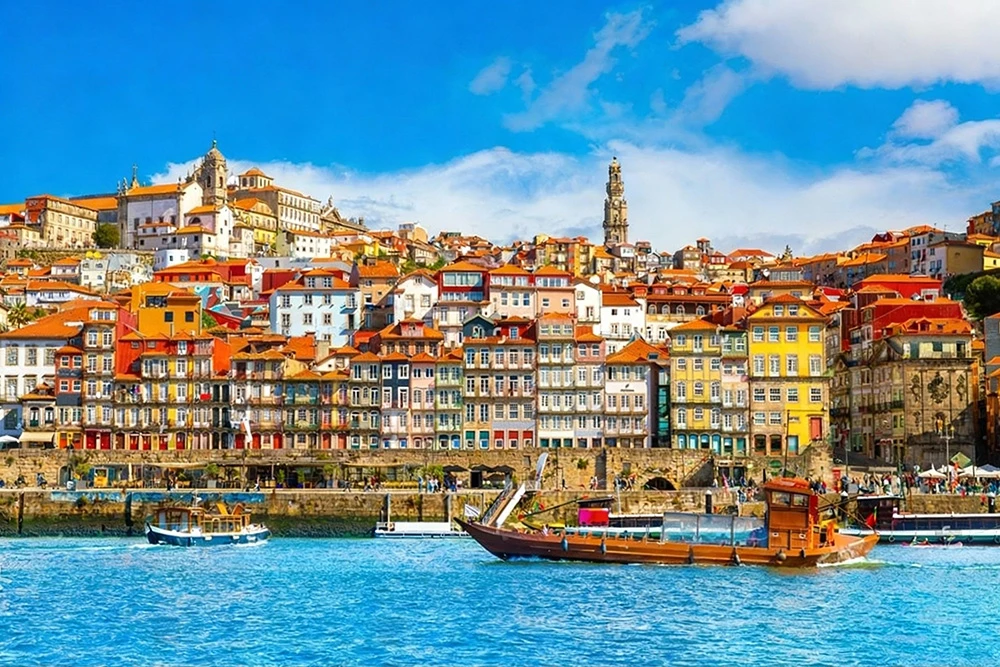
Summer festas turn villages into star lit, saintly celebrations
I still smile at the memory of petals sticking to my sandals while the saints sailed past, slow as little boats on a tide of flowers. The air was thick with wax and charcoal, that sweet mix of candle smoke and grilling fish, and the church bells seemed to tug everyone closer. Kids swayed sleepy on their parents’ hips, and the old ladies sang under their breath like they were keeping the night from spilling over.
When midnight came, the sky stitched itself with light and laughter rose like a toast nobody had to propose. Long tables appeared as if by magic, and families passed plates of blistered sardines, the salt catching on our lips, the stars bright enough to read by. It felt like the sacred and the everyday reached for the same chair, which is what these summers across Portugal do best set devotion beside dinner and make both feel like home.
What stays with me is how whole streets become a shared heartbeat neighbors leaning over fences with extra bread, teenagers sparking confetti in the lanes, the statue circling back through the petals as if blessing the crumbs. By morning there’s ash on the cobbles and a hush in the alleys, but the scent of smoke lingers, a small reminder that joy can be both holy and ordinary, and better when everyone is invited.
Whispered crushes replace kisses in Alentejo schoolyards
It still makes me smile how first crushes can be loud without making a sound. You notice it in the way bell time lingers, chalk dust hangs in the sun, and someone looks just a heartbeat too long before darting away. The air tastes like warm stone and pencil shavings, and you know something sweet is being kept small on purpose.
In Alentejo there’s this quirky rule for schoolkids: no public displays of affection. So tenderness finds other doors. Feelings slip into tidy cursive on soft paper, folded neat and passed along like pressed wildflowers, and the messages hide in glances that feel almost electric. Those secret valentines aren’t a workaround they’re a rite of passage, a quiet training in patience and care.
I remember a boy showing me the edge of a note once, shy and proud, as if holding a tiny treasure. The restraint didn’t drain the romance; it sharpened it, the way embers glow hotter under a veil of ash. It’s a beautiful lesson the place carries: sometimes affection is strongest when it’s whispered, not announced, and the wait is part of the wonder.
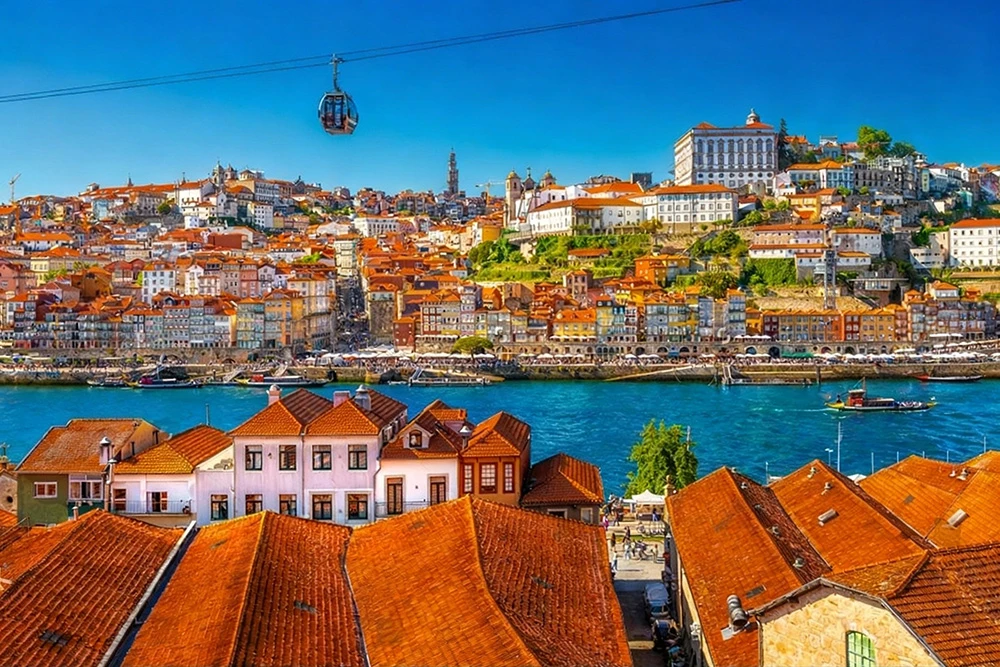
Cliffside pools and quiet boats above the Atlantic
The first thing that hit me was the clean sting of salt and the glare of sun on pale stone. In Azenhas do Mar, just north of Lisbon, the ocean has been coaxed into hand carved pools that catch the tide like pockets of sky set into rock. The cliffs hold everything in a gentle hush; waves push and sigh, the sea breathing in and out below the village, while bright fishing boats nap on shining white ledges as if they’ve always known this perfect perch.
What surprised me most was how effortless it felt so ready for a thousand screens, yet somehow still whispered. I remember the low murmur of neighbors on a terrace, a brush of wind carrying the smell of grilled fish, paint flaking in cheerful blues and reds on the boats. Maybe that’s the secret here: beauty shaped by hands and tide, a place that looks like a postcard because it doesn’t try to, it simply lives the way the cliff taught it.
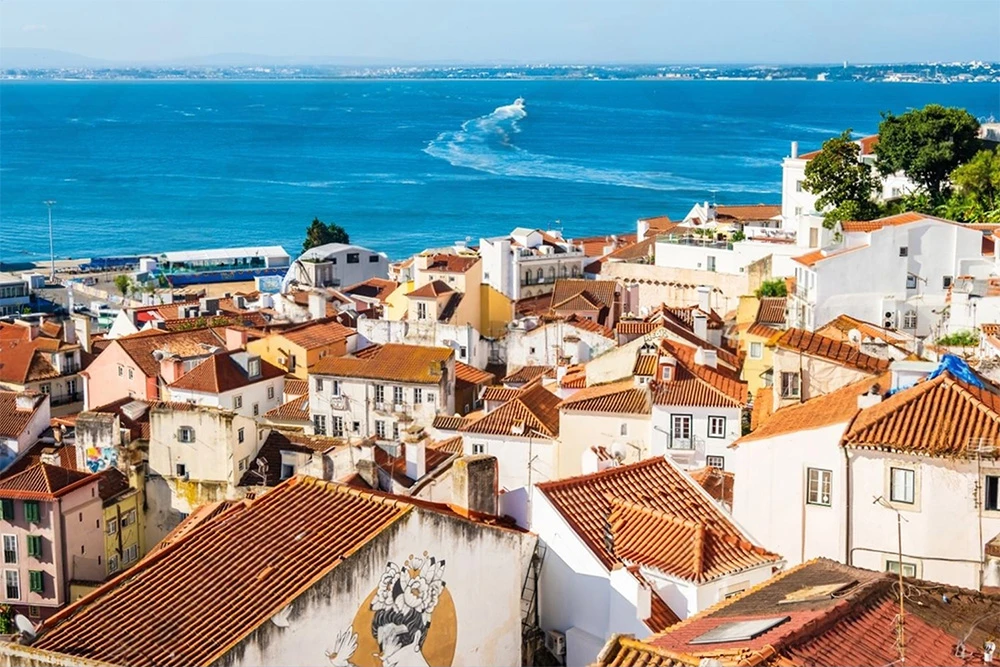
Yellow trams with a St. Louis secret
The little yellow cars clatter and hum as they climb those near vertical streets, wood seats warm from a hundred brief journeys, windows open to salt air and the sparkle of tile. I remember grinning the first time I learned the twist: these cheerful workhorses hauling us up the Lisbon hills were born far away, in St. Louis, Missouri, shipped over in the early 1900s and somehow still at it.
There’s something tender in that, a Midwestern heartbeat tucked beneath Atlantic light. It feels like the city took them in, taught them the language of cobbles and corners, and the trams answered with patience squeaking, ringing, carrying gossip, groceries, and small afternoons without complaint.
You can tell they’re loved: brass rubbed bright by countless hands, bolts that seem to stay put by sheer national will, mechanics who keep the old bones steady with clever fixes and quiet pride. Maybe that’s why they feel so right here stitched into the hills like bright thread proof that a place can welcome what comes from afar and make it sing in its own voice.
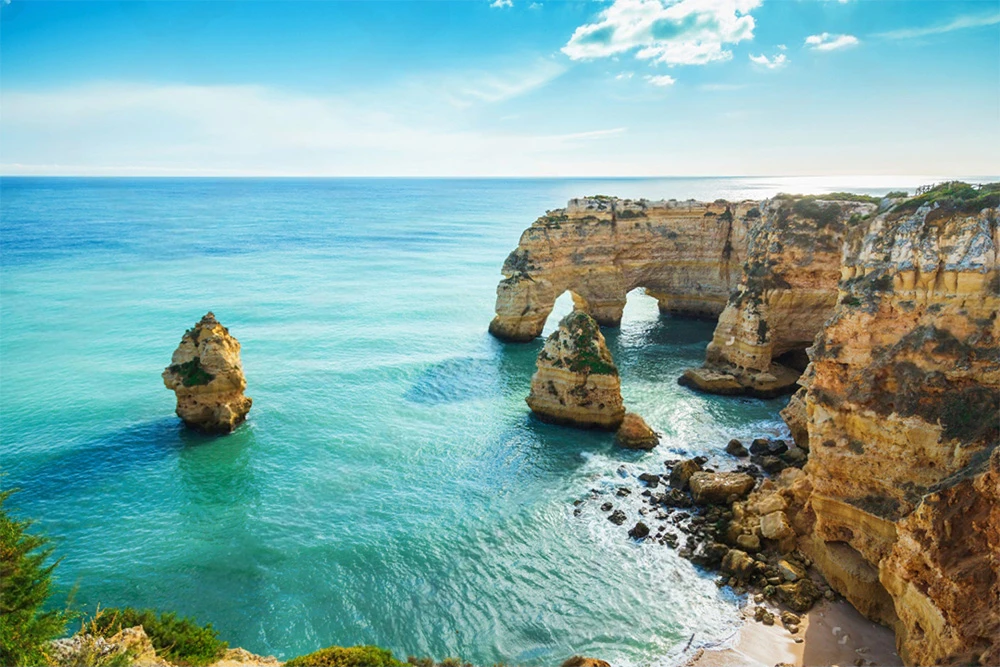
A chocolate festival within medieval castle walls
I still smile at the thought of tasting truffles beneath stone battlements. The air was warm with cocoa and roasted nuts, a sweet hush drifting up toward the ramparts. It felt mischievous and tender, like time melting softly on the tongue.
In Óbidos, those rugged walls cradle families and friends debating dark versus milk, sugar dust softening boots and spirits. I remember a bonbon with sea salt and orange peel tiny thunder and sunshine while swallows wheeled above the courtyard. There’s something beautiful about sweetness finding refuge in a fortress, a reminder that what we protect, at heart, is simple joy.
https://en.wikipedia.org/wiki/Portugal
Where Europe falls into the Atlantic wind
First thing I noticed was the wind salty, insistent, and everywhere. At Cabo da Roca, the cliffs don’t so much end as give way, and below them the Atlantic thumps like distant drums. Gulls ride the updrafts, scrub smells of wild rosemary, and the horizon stretches so clean it almost steadies your breathing.
Someone once whispered, “Here ends the land and the sea begins,” and for once a grand line didn’t feel too grand. I remember feeling small in a kind way, as if the map finally exhaled and left room for wonder. The gusts brought a taste of salt to the lips and a sting to the cheeks that made every thought feel sharpened and simple.
Standing there slows something inside you. It’s surprising how calm an ending can feel, the world simply continuing beyond your line of sight. I walked away feeling lighter, having set something down without knowing it.
Tiny bicas and long conversations, time unhurried
I remember how the hours softened around a tiny cup. The espresso was dark and steady, steam rising warm and bittersweet, the clink of spoons mixing with street sounds and the rustle of newspapers. An argument about last night’s match sat comfortably beside a line of poetry, and everyone seemed content to let ideas move at the pace of the crema.
In Lisbon they call it a bica, and people linger over it as if there’s nothing more urgent than talking properly. Conversations meander from tactics to stanzas to neighborhood gossip, voices low and amused, the table sticky with sugar and sunlight. Time dissolves like sugar here, not hurried, just gently sweetening the day.
What I loved most was the permission it gave to be present without rushing, to savor a thought until it felt finished. It’s a small ritual, but it carries the city’s soul, that warm insistence on living slowly and well. I walked away lighter, the day finally in its natural rhythm.
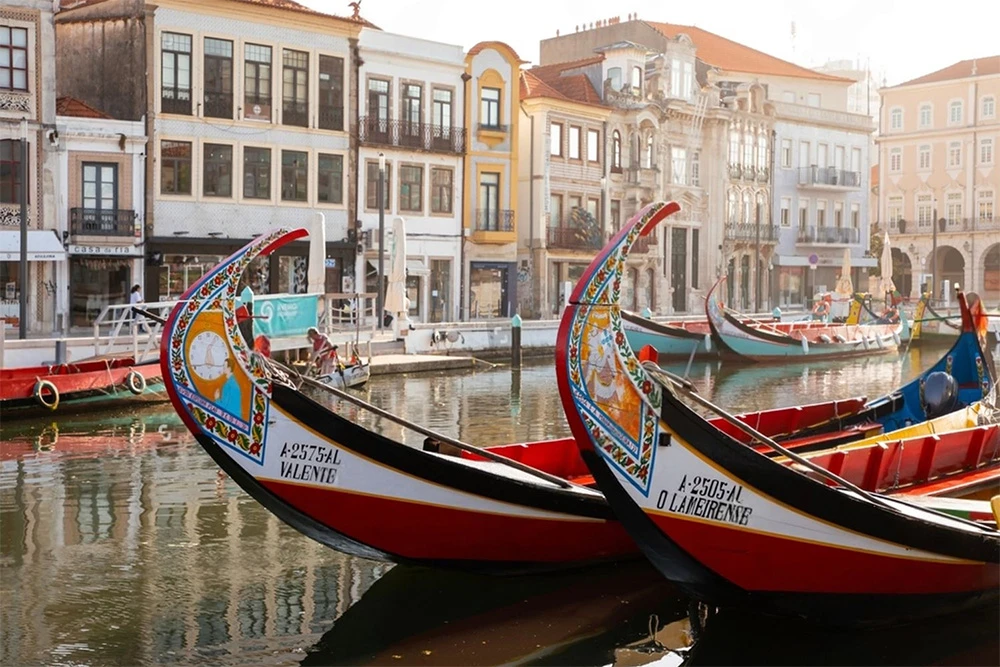
Final thought
After wandering through odd corners and quiet facts, I’ve come to see that the hidden stories, small details, and human moments reveal the place most clearly. In Portugal, what feels truest is the neighbor’s wave, the scuff on a doorstep, the shared smile over a tiny coffee. It’s like a mosaic, each small piece humble until you step back and see the shape it makes. Keep looking closely, and let these little details guide your next steps with quiet courage.




